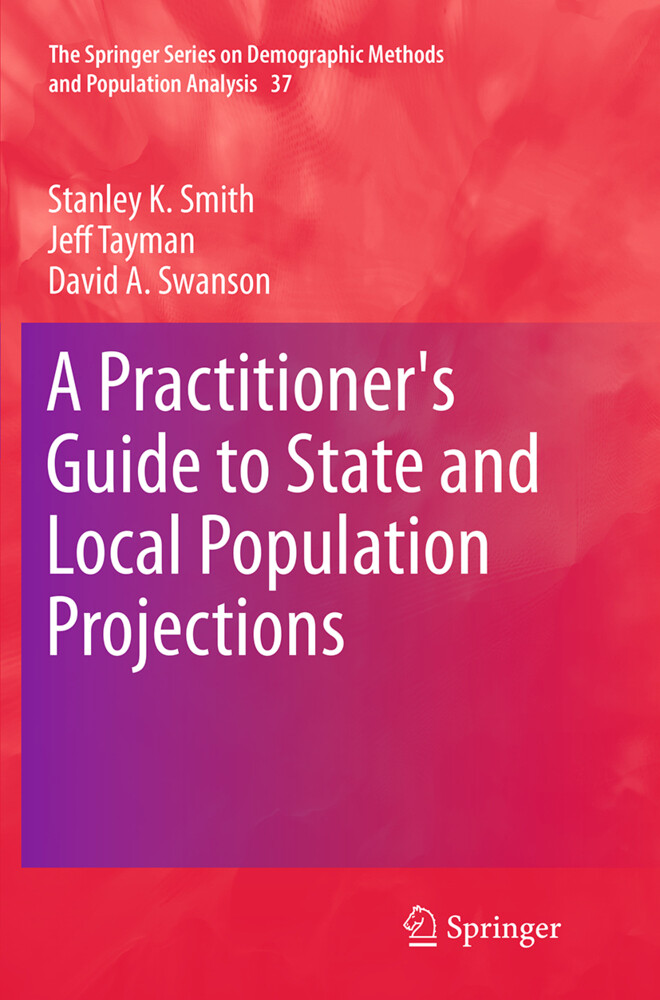
Inhaltsverzeichnis
Chapter 1: Rationale, Terminology, Scope.- Chapter 2: Fundamental of Population Analysis.- Chapter 3: Overview of the Cohort-Component Method.- Chapter 4: Mortality.- Chapter 5: fertility.- Chapter 6: Migration.- Chapter 7: Implementing the Cohort-Component Method.- Chapter 8: Extrapolation Methods.- Chapter 9: Structural and Microsimulation Models.- Chapter 10: Special Adjustments.- Chapter 11: Related Projections.- Chapter 12: Evaluating Projections.- Chapter 13 Forecast Accuracy and Bias.- Chapter 14: A Practical Guide to Small-Area Projections.- Epilogues: Some Final Thoughts.- Glossary.- Index.
Produktdetails
Entdecken Sie mehr
Pressestimmen
In fourteen chapters it provides the
reader with the necessary tools for creating numerous population projection
methods. both graduate and upper-level undergraduate students could use this
book as the sole textbook for a course, or as a supplement focusing on select
chapters. Similarly, those who need a refresher on specific projection
fundamentals will find this book full of helpful information. Reading this
book is an eye-opening journey into the complex world of population
projections/forecasts. (Alison Yacyshyn, Canadian Studies in population, Vol. 42
(3-4), 2015)
Bewertungen
Es wurden noch keine Bewertungen abgegeben. Schreiben Sie die erste Bewertung zu "A Practitioner's Guide to State and Local Population Projections" und helfen Sie damit anderen bei der Kaufentscheidung.









